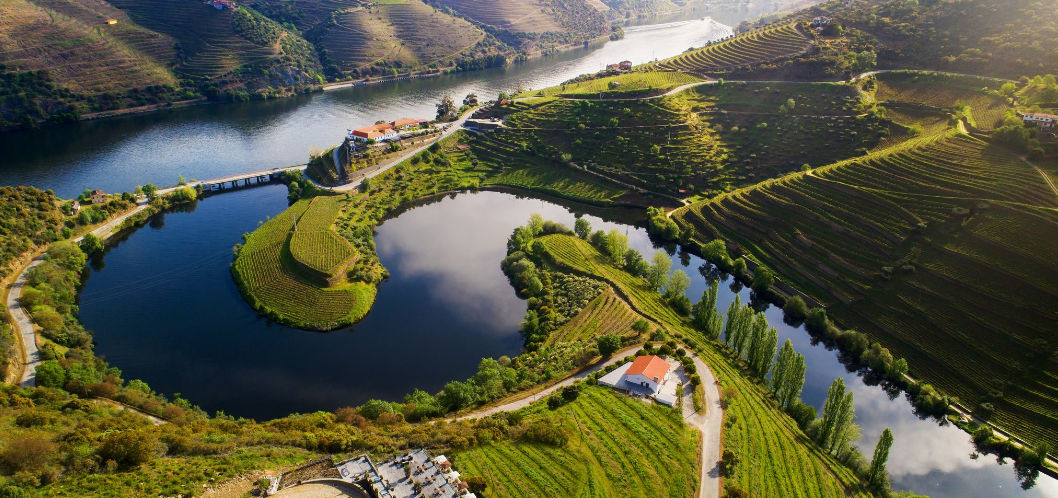
The Symington Family Estates wine producer has created experimental vineyards in the Douro where it investigates the behaviour of grape varieties and their ability to withstand drought and hot weather, consequences of climate change.
They are “variety libraries” and are installed in areas of different climates: Quinta do Ataíde, Vale da Vilariça, Quinta do Bomfim, Pinhão, and the Tapadinha vineyard near Quinta do Retiro in the Rio Torto valley.
“This collection aims to preserve the genetic heritage we have in the Douro Demarcated Region”, Fernando Alves, responsible for development and research at Symington, told the Lusa news agency during a visit to Quinta do Bomfim where, at this time of the year, work on the land is mainly focused on pruning the vines.
The aim of these ‘libraries’ is to broaden knowledge of indigenous varieties to the Douro and other national varieties. Climate change has made this research work ‘particularly relevant’ as we are also investigating which varieties are most resistant to heat and drought.
In the company’s laboratory vineyards, the behaviour of more than 50 grape varieties is studied, according to Fernando Alves, “by analysing the enology, winemaking and, above all, phenology aspects, because they allow us to know the dynamics of the cycle of each of the grape varieties, from the budding to the ripening period”.
He said that for 10 grape varieties, the mechanisms they use to “deal with issues related to water, heat and light stress” are being studied in more detail.
“If we understand how they work we can better understand the impact of the changes and we can look for ways to get around some of the harmful effects that may be felt”, he stressed.
In the company’s properties, the choice of grape varieties to be planted is made taking into account the research that has been done.
Symington, one of the largest wine producers in the Douro Demarcated Region and the country, is currently involved in two European projects: Vineyards Integrated Smart Climate Application (Visca) and the VineScout robot.
These are, for Rob Symington, a member of the fifth generation of the family and responsible for sustainability, ‘key projects’ to help ‘respond to the risk and serious threat of climate change’.
”In terms of climate change we have three areas of focus: the first is to adapt to changes that are undoubtedly already happening and will unfortunately get worse, the second is to reduce our contribution to the problem, to reduce our emissions, and the third area is to use our voice and our platform to draw attention to this problem,” he told Lusa.
“This is an ongoing risk that we are taking very seriously”.
With a budget of €3.2 million, financed by EU funds, Visca brings together a consortium of 11 partners from Portugal, Spain, Italy, France and the UK, and is analysing the impact of climate change on grape production in Europe.
The project is also developing a precision climate service that will be available to winegrowers and will help to programme, plan actions and mitigate the effect of weather conditions.
The project is also studying management of the grapevine vegetation wall, which allows for a repositioning of its vegetative cycle and, in the end, to bring the grapevine back to the end of its ripening period, the period considered ideal for a given grape variety and location.
The VineScout robot stands out for its ability to monitor the vine autonomously, using electric propulsion and solar energy.
It is intended that this robot be able to take measurements of key parameters in the vineyard that support viticulture, such as the control of the water status of the grapevine, which allows correct management of water, and the leaf temperature of the grapevine and the strength of the plant.
VineScout has a budget of €2 million, of which €1.7 million is EU funding.



